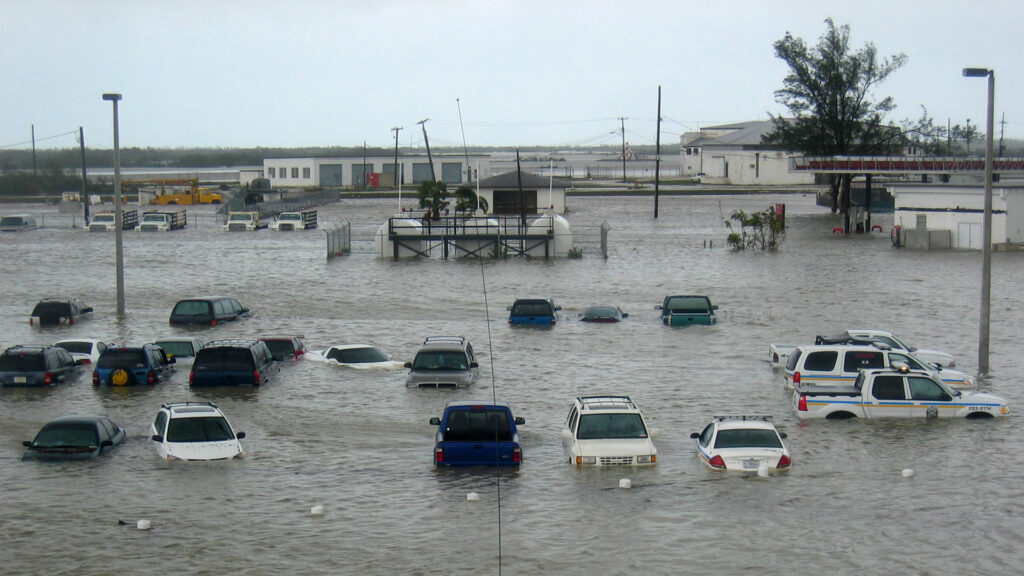A roundup of news items related to climate change and other environmental issues in Florida:
South Florida military bases draft plan for climate risk. It’s a national security threat | Miami Herald

From Key West to Port Everglades, the military facilities across South Florida face the same risks from hurricanes and extreme weather as homes and businesses. But when they’re battered by winds, flooded out or lose power, it can also pose a national security risk.
Protecting them from the increasing threats of climate change will call for millions of dollars in projects and some key policy changes, according to a draft report released by the South Florida Regional Planning Council.
“There’s a national security imperative to ensure that our installations, our commands and our missions are resilient,” said Rick Miller, a retired U.S. Navy captain and executive director of South Florida Defense Alliance. “And the great thing about this program is it does it in collaboration with the communities.”
DeSantis signs controversial ‘radioactive roads’ bill | Tampa Bay Times
Florida Gov. Ron DeSantis on Thursday signed a bill that will allow the Florida Department of Transportation to study the use of phosphogypsum, a mildly radioactive byproduct of the phosphate manufacturing process, in road construction.
The measure — dubbed the “radioactive roads” bill by critics — was lobbied by Tampa-based Fortune 500 fertilizer company Mosaic, which would benefit from selling its byproduct and last month hosted and paid nearly $25,000 for a fundraising event for the state lawmaker who sponsored the controversial bill.
Records reviewed by the Tampa Bay Times show Mosaic is already seeking approval from federal environmental regulators to begin testing phosphogypsum in a roadway at its New Wales facility. Depending on the results of the state’s study and federal approval, the bill could pave the way — literally — for phosphogypsum use in American roads for the first time in years.
Report calls for elimination of top plastics polluting beaches | WMNF
A new report shows that common plastics are polluting shorelines. With the Fourth of July holiday coming up, an environmental group is calling for the U.S. to declare its independence from single-use plastics.
The report identified the top 5 plastics polluting beaches and waterways around the world. Dr. Anja Brandon is the associate director of U.S, plastics policy at Ocean Conservancy.
“These five items include things like cigarette butts, which are actually made out of plastic. Plastic bags, plastic straws and stirrers, plastic faux food ware, and of course plastic cutlery.”
If you have any news items of note that you think we should include in our next roundup, please email The Invading Sea Editor Nathan Crabbe at ncrabbe@fau.edu. Sign up for The Invading Sea newsletter by visiting here.



